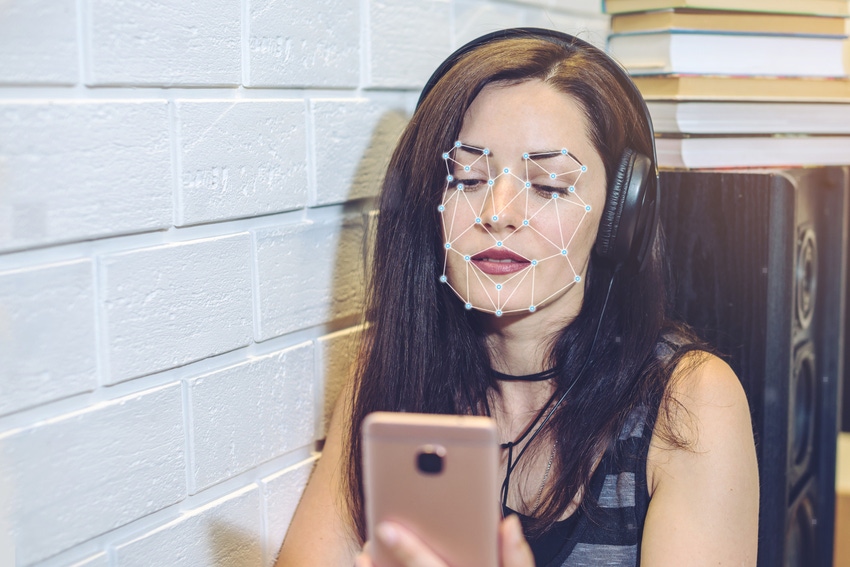Biometric adoption needs to speed up to exploit the digital bonanza
The idea of biometric identification is not new, though to realise the full benefits of the digital economy, adoption needs to increase and move away from hardware.
November 15, 2018

The idea of biometric identification is not new, though to realise the full benefits of the digital economy, adoption needs to increase and move away from hardware.
Speaking at AfricaCom, Barbara Iyayi, Chief Growth Officer for Element, didn’t so much attempt to justify biometric identification and authentication, but pushed for wider and more rapid adoption. As a disclaimer, it should be worth noting that Iyayi is pitching the case for her business to make more money, but there were a few useful points to be taken away from the presentation.
First of all, let’s set the scene. The world is becoming increasingly digital and companies are spending less time in front of their customers. This of course has its benefits, but at the same time a connection is lost with the customer. This connection not only depersonalises the situation, but also makes it difficult to track customers. As Iyayi pointed out, if you don’t know who your customer is, you’re in a pretty weak position.
This is not a new point, but occasionally it is worth restating the obvious. There are of course various means to identify and authenticate customers, however, there isn’t a perfect scenario right now. Some of the ways in which customers are being identified and authenticated is through the SIM or social media accounts. And here is the issue, neither of these routes are immune from abuse. If your SIM has been used to authenticate, losing your phone could mean losing your digital life, while social media accounts are all too easy to fake; we’ve all watched an episode or two of Catfish.
This is where biometrics are increasingly playing a role. Every new phone can now be unlocked by facial recognition or the users finger print, which is specific to that individual, but this is local to the device. The identifiers are locked into the hardware and not transportable to other areas of the digital economy. Iyayi’s pitch for her business is on the software side of things, removing the authentication from devices and creating interoperability throughout the entire digital economy. Again, it is worth noting this was essentially a sales pitch at the conference, though that shouldn’t take away from a very valid point.
Digital profiles are already being created dependent on the services you use online, your financial and employment histories and also your interests. However, without linking these profiles back to an individual, the system is open to abuse, and the accelerated value of the digital economy cannot be realised. This is where biometrics, in a software world, can play a role.
It is a simple idea, though adoption might not be as high as some would hope. The other issue which needs to be addressed is user acceptance of biometric identification and authentication. While Iyaya played down any resistance to the technology, we’re not as convinced. Digital natives might well be open to biometrics, which is of course promising for the future, but what about the generations who existed before the always-connected era. Perhaps anyone from the age of 40 upwards would be sceptical about such a scheme. It is more invasive that identifiers of previous generations, and there will of course be Big Brother conspiracy theorists out there…
Stories from some of the more freedom-adverse countries such as China will not help. Here, the government has been collecting identification data on individuals for what most would only assume are monitoring ambitions, though India has also been attempting to build its own database for less nefarious reasons. Some generations might be sceptical, though the same could have been said about texting taking over as the defacto means of communicating. As the younger generations get older, such ideas are adopted as the norm.
This will probably be the case for biometric identification and authentication. Soon enough, biometrics will penetrate such areas as payments, though for this to happen there needs to be more openness. Iyayi is right, biometrics are crucially important for the digital economy to reach the promised peaks.
About the Author(s)
You May Also Like











_1.jpg?width=300&auto=webp&quality=80&disable=upscale)


.png?width=800&auto=webp&quality=80&disable=upscale)